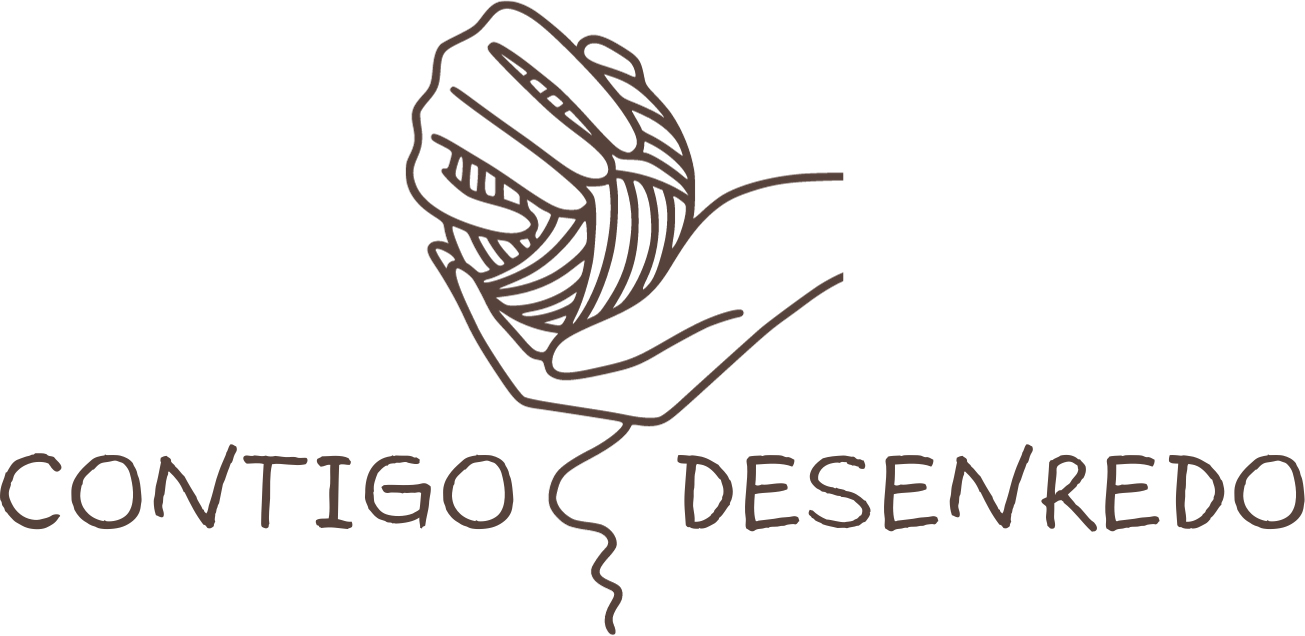1. Choose the Right Moment
One of the keys to success in any situation is choosing the right moment. Whether it’s making a decision, having a difficult conversation, or taking action, timing is everything. When we choose the right moment, we increase our chances of achieving the desired outcome. Here are a few reasons why choosing the right moment is important:
- Maximizing Opportunities: By waiting for the opportune moment, we increase our chances of success. It allows us to take advantage of favorable circumstances and make the most out of the situation.
- Effective Communication: Timing plays a crucial role in effective communication. By choosing the right moment to convey our message, we ensure that it is received and understood in the best possible way.
- Managing Emotions: Emotions can play a significant role in decision-making. Choosing the right moment allows us to manage our emotions better, enabling us to make rational and well-thought-out choices.
- Building Relationships: Timing can greatly impact our relationships with others. By choosing the right moment to engage, we show respect, consideration, and empathy, thus strengthening our connections.
- Minimizing Risks: Acting impulsively or without considering the timing can lead to unnecessary risks and regrets. By choosing the right moment, we can minimize the potential negative consequences and increase our chances of success.
Ultimately, choosing the right moment is about being patient, observant, and aware of the circumstances. It requires us to trust our instincts, consider the needs and emotions of those involved, and be mindful of the overall context. So, the next time you find yourself in a situation where timing is crucial, take a step back, evaluate the situation, and choose the right moment.
2. Be Confident and Authentic
In the world of blogging, building a strong and authentic online presence is essential. Whether you are starting a personal blog or a professional one, being confident and authentic in your writing can make a significant difference in engaging your audience and building a loyal following.
Confidence is key when it comes to blogging. Believe in yourself and your ability to share valuable and insightful information. Embrace your unique voice and perspective, and don’t be afraid to express your opinions. Remember, you are the expert in your niche, and your readers are looking to you for guidance and expertise.
Having a confident tone in your writing can help captivate your audience and keep them coming back for more. Use bold ( <strong> </strong>) tags to emphasize the most important points in your articles. This will help draw attention to these key ideas and make them easy for readers to identify.
Authenticity is equally important when it comes to blogging. Be true to yourself and your brand. Infuse your personality and unique life experiences into your writing. This will help you build a genuine connection with your readers and establish trust.
One way to enhance authenticity is to share personal anecdotes or stories related to the topic you are writing about. This not only adds depth to your content but also showcases your authenticity and relatability. Adding <b> tags to highlight important phrases within your anecdotes can make them more impactful and memorable.
Additionally, consider using
headings ( <h3> </h3>)
and lists in HTML to structure your blog posts. These elements help break down your content into easily digestible sections, making it more approachable and visually appealing. Using headings and subheadings also allows readers to scan the article quickly and find the information they are looking for.
In conclusion, being confident and authentic in your blogging journey is crucial. By embracing your unique voice, expressing your opinions with confidence, and sharing personal experiences to build a genuine connection with your readers, you can create a blog that stands out from the rest. Remember to use bold tags to highlight important points, utilize headings and lists for better structure, and always be yourself. Happy blogging!
3. Plan a Special Date or Gesture
When it comes to expressing love and affection, sometimes words are just not enough. That’s why planning a special date or gesture can help create memorable moments for you and your partner. Whether it’s a surprise dinner date, a weekend getaway, or a thoughtful gift, these gestures can show your significant other just how much you care.
1. Dinner Date: Take your partner out for a romantic dinner at their favorite restaurant or cook a delicious meal at home. Set the mood with candles, soft music, and a beautifully set table to make it extra special.

2. Weekend Getaway: Plan a spontaneous weekend getaway to a destination that holds special meaning for both of you. It could be a cozy cabin in the mountains, a beachfront cottage, or even a charming bed and breakfast.

3. Thoughtful Gift: Sometimes it’s the little things that matter the most. Surprise your partner with a thoughtful gift that shows you’ve been paying attention to their interests and desires. It could be a personalized piece of jewelry, a book by their favorite author, or tickets to see their favorite band.

Remember, the key to planning a special date or gesture is to make it personal and tailored to your partner’s preferences. The effort and thoughtfulness behind the gesture will make it even more meaningful.
4. Express Your Feelings
In life, it is important to express our feelings. Whether it’s joy, sadness, anger, or love, sharing our emotions allows us to connect with others on a deeper level.
The power of vulnerability
Expressing our feelings requires vulnerability. We must be willing to let others see our true emotions, even if it means showing our weaknesses. It takes courage to open up and let others in, but the rewards are worth it.
Honesty is key
When expressing our feelings, it is crucial to be honest with ourselves and with others. Pretending to feel something we don’t or hiding our true emotions only leads to misunderstandings and disconnection. By being honest, we allow others to understand us better and build stronger relationships.
The art of communication
Expressing our feelings effectively requires good communication skills. It involves actively listening to others, using appropriate words, and expressing ourselves in a respectful and empathetic manner. Communication is not only about expressing our own feelings, but also about understanding and validating the feelings of others.
Benefits of expressing our feelings
- Emotional release: When we express our feelings, we release built-up emotions, allowing us to feel lighter and more at peace.
- Connection: Sharing our feelings fosters connection and intimacy with others, strengthening relationships.
- Self-awareness: Expressing our feelings helps us become more in tune with our own emotions, increasing self-awareness and personal growth.
- Problem-solving: By expressing our feelings in a constructive way, we can address issues and conflicts, leading to effective problem-solving.
Overall, expressing our feelings is a powerful tool for personal and interpersonal growth. It allows us to connect with others, understand ourselves better, and navigate through life’s challenges. So, don’t be afraid to express your feelings – embrace them and let them guide you towards a more fulfilling life.
5. Be Prepared for Any Response
When writing a blog post, it’s important to be prepared for any response you may receive. Whether it’s positive feedback, constructive criticism, or even negative comments, it’s crucial to handle them appropriately. Here are a few strategies to help you navigate and respond to different reactions:
- Listen and Reflect: Take the time to understand and reflect on the feedback you receive. Consider the perspective of the person providing the response and try to see things from their point of view. This will help you formulate a more thoughtful and respectful response.
- Stay Calm and Professional: Always maintain a calm and professional tone in your responses. It’s natural to feel defensive or emotional when receiving negative comments, but responding in an aggressive or confrontational way will only escalate the situation. Remember, professionalism goes a long way in handling feedback.
- Show Empathy: Empathize with the person providing the response. Acknowledge their thoughts and feelings, even if you don’t agree with them. Showing empathy demonstrates that you value their perspective and are willing to engage in a meaningful conversation.
- Address Concerns or Questions: Respond directly to any concerns or questions raised in the feedback. Take the time to provide thorough and informative answers. This shows that you value your readers’ input and are committed to addressing their needs or inquiries.
- Take Constructive Criticism as an Opportunity to Improve: View constructive criticism as a chance to grow and improve your content. Use it as a learning opportunity to enhance your writing, research, or overall presentation. Remember, nobody is perfect, and there’s always room for improvement.
By being prepared for any response and handling them with professionalism, empathy, and a willingness to improve, you’ll foster a positive and respectful environment for both yourself and your readers.

